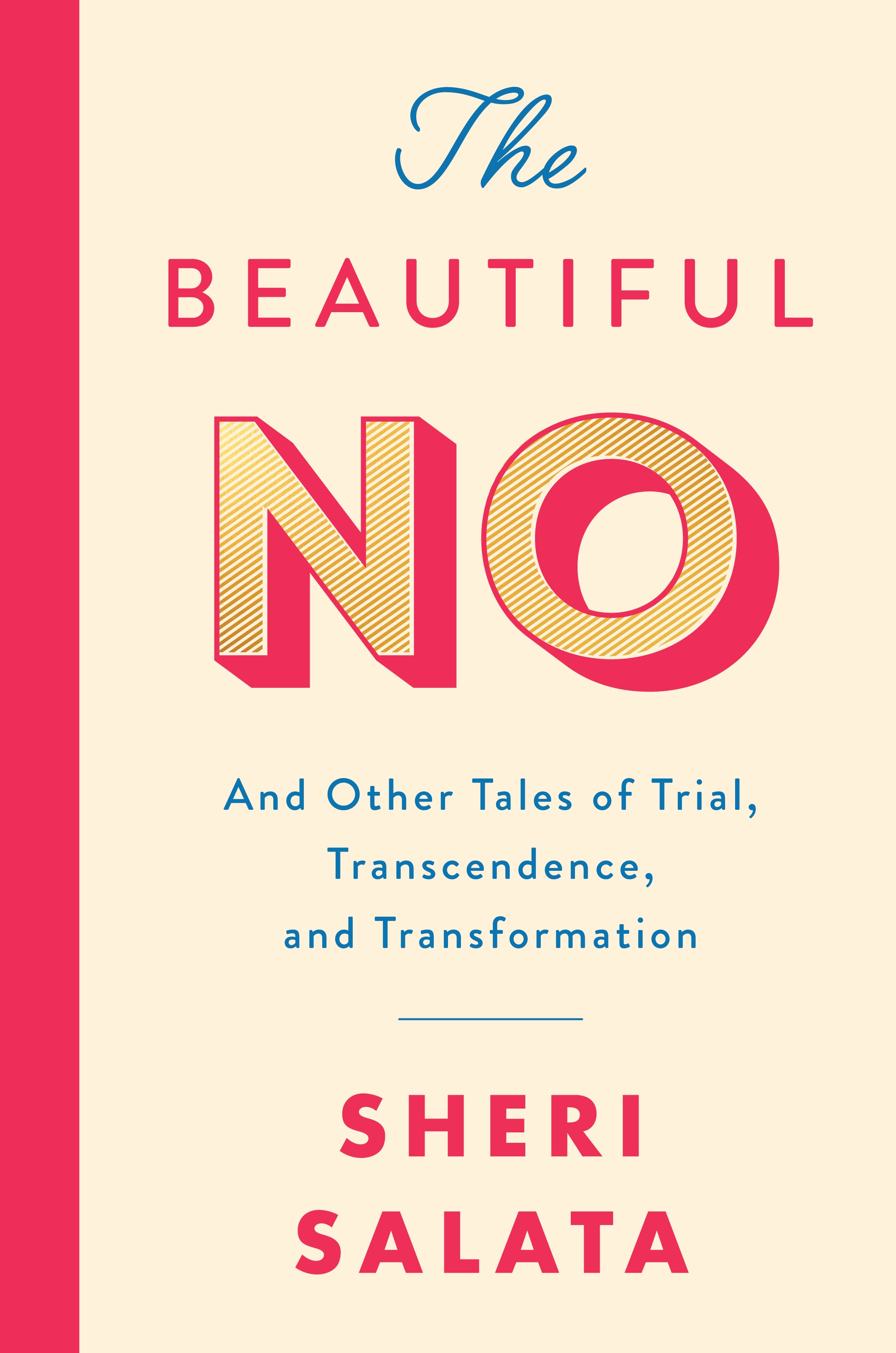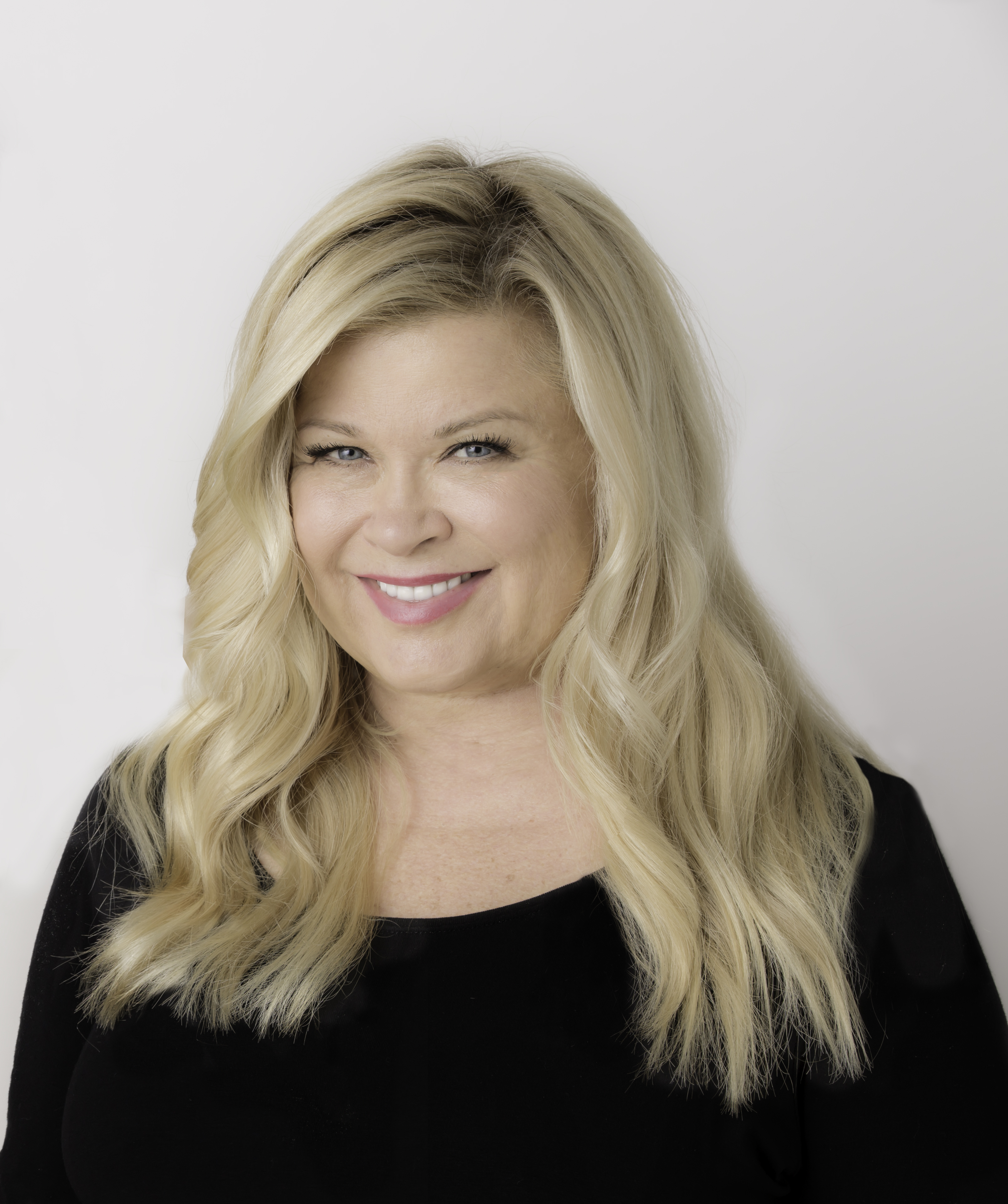I knew the question was inevitable. At every panel, speech, or any other kind of appearance I got asked to do, the first question from the audience was always a lock:
“What is Oprah really like?”
“Just like on TV,” I’d reply.
Then, invariably, came the question that was much harder for me to answer. Because it just felt bad. Like skulk-away- in-shame, hang-my-head bad.
“How do you achieve work-life balance?”
When you work from 7:00 a.m. to 9:00 p.m. most Mondays through Fridays plus untold hours on the weekends, all while being on call 24/7, it’s difficult to claim anything resembling “work-life balance.” I worked a lot, and when I wasn’t physically at work, I was thinking about work.
“I don’t believe in it. I don’t believe in work-life balance,” I said at a recent conference. From my perch I could see the whole front row instantly light up with hope. In the moment, I released my discomfort and grasped a new way of seeing this issue. Why did I feel bad about not achieving something that I didn’t even believe in? First of all, I didn’t set out to achieve balance, I set out to make some big dreams come true. Moreover, the whole construct of this so-called work-life balance seems to revolve around failure. The very nature of balance is about being out of it and coming back into it. Rinse and repeat.
In those years of go, go, go, my career was a fantastic way to spend the lion’s share of my time. I had wanted to fully inhabit the high-flying, dynamic creativity; the globe-hopping excitement; the profound sense of meaning and service that came with my job. I was fulfilled by my accomplishments, and that was what I wanted. That’s not to say I couldn’t have taken better care of my health and made my love life a priority. I could have, but to my everlasting regret, I chose not to.
And as for that make-believe lifestyle called work-life balance, what is it anyway? I think it is supposed to mean that each area of your life receives perfectly parceled-out equal attention. Ask any working mother about the success of that strategy. Or someone working three jobs to pay the rent and trying to keep herself healthy and sane. Or someone running an international conglomerate, overseeing thousands of employees.
In any given moment, do they consistently meet that fanciful “balanced” criteria? Of course not. It’s a bit of a language thing I’m pointing to, but as you write the story of your life, words most decidedly matter. And when you have set yourself up for failure repeatedly with a construct that doesn’t fit your choices or your dreams in any capacity, life just seems hard. For me, balance is a word that works in architecture, design, or geometry; it finds usefulness in yoga tree pose but not so much in regular old bill-paying human life.
In any given moment of our lives, we are deciding what matters most to us. There are times when what we do to pay our bills and contribute to the world is our chosen priority.
Sometimes that’s not what our happiness formula calls for. I’ve come to see that the formula can be continually tweaked by paying attention to it. Making little adjustments. An ebb and flow run by choice and guided by what feels good, not by guilt and shame. Take out the self-castigation and you can run all the areas of your life as you see fit.
If the phrase work-life balance makes you think you have to put a drop ceiling on your professional dreams because you can’t have what you want in life; if it makes you feel as if you are failing in every direction you turn, then consider letting it go. Stop saying those words. Stop using that phrase. Give it a proper burial and unburden your heart.
But how do you spend your free time? It was generally the follow-up to the balance question.
Once I understood my truth about that “work-life balance” business, the issue of “free time” became crystal clear. I’m not in the gulag, trapped against my will, where I have absolutely no choices. All my time is free time—determined by my choices. Choices I am free to change at any time. Even when I spent very long hours on staff jobs, all of that time was my free time, too. If I ever chose to whine or moan about my work “have-tos” I was just plain wrong. Even back in the day when my budget was squeezed within an inch of its life and I was sweating out a $19.95 a month credit card payment to Montgomery Ward, I was still free to choose how to spend my time (no matter what kind of victim-based stance I took). My life unfolded directly from my choosing this way or that way. I was then, am now, and always will be free.
Saying goodbye to that thinking has settled something inside me. It has quieted down that voice of mine that says “You’re not doing enough here, there, or everywhere” or the story I made up about a million “But I have tos” that sometimes made life feel like a prison. Deconstructing my belief system about job and work and life was turning into an awakening where the more I freed myself from my old thinking, the more free I felt.

From the book THE BEAUTIFUL NO. Copyright © 2019 by Sheri Salata. Published on June 4, 2019 by Harper Wave, an imprint of HarperCollins Publishers. Reprinted by permission.
Follow us here and subscribe here for all the latest news on how you can keep Thriving.
Stay up to date or catch-up on all our podcasts with Arianna Huffington here.


